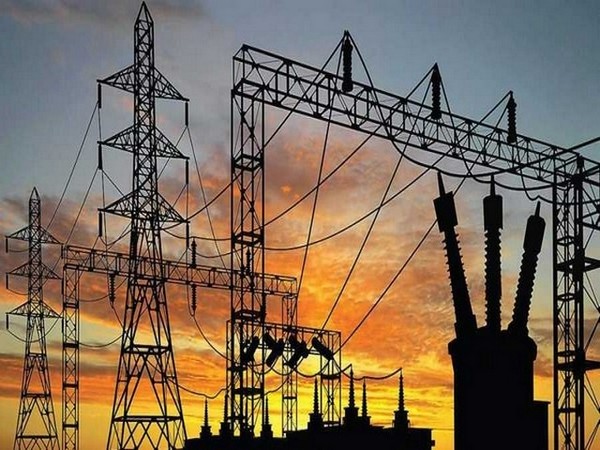West Africa to jump start power market with $568 million power line
West Africa's regional bloc said it has launched a 330 kilowatt interconnection line to supply electricity from Nigeria to Niger, Burkina Faso, Benin and Togo at a cost of $568 million. Once the newly-launched project is completed, all 14 member countries of the Economic Community of West African States (ECOWAS) will be connected, which will jump start a regional electricity market, the group said in a statement.

- Country:
- Nigeria
West Africa's regional bloc said it has launched a 330 kilowatt interconnection line to supply electricity from Nigeria to Niger, Burkina Faso, Benin and Togo at a cost of $568 million.
Once the newly-launched project is completed, all 14 member countries of the Economic Community of West African States (ECOWAS) will be connected, which will jump start a regional electricity market, the group said in a statement. Heads of states from Niger and Ghana attended an ECOWAS meeting in Niger on Thursday to launch the interconnection line, which will facilitate electricity trading in the region and extend power to Burkina Faso and Niger.
ECOWAS has said it plans to pool resources to establish an electricity market to end blackouts that have blighted its member states for decades. The transmission project will be funded by the World Bank, the African Development Bank, the French Development Agency, the European Union with consideration from Nigeria, ECOWAS said, adding that construction work will be completed in 2024.
Two similar projects are ongoing -- the construction of nearly 1,700 km line to connect Senegal, the Gambia, Guinea, Guinea Bissau and 1,300 km interconnection lines from Ivory Coast, Liberia, Sierra Leone, and Guinea. Africa's biggest economy, Nigeria, broke up its power generation and distribution monopoly almost 10-years ago in the hope that it would attract foreign investors.
But despite Nigeria's privatisation of the sector, the amount of power produced has stagnated at around half its total capacity. (Writing by Chijioke Ohuocha; Editing by Alexander Smith)
(This story has not been edited by Devdiscourse staff and is auto-generated from a syndicated feed.)
ALSO READ
Ghana Leads Reparations Movement for Colonial and Slavery Legacy
Star Striker Haller Sidelined: Ivory Coast Faces New Challenge
Simandou Mega Mining Project in Guinea: Economic Transformation or Socioeconomic Challenge?
IMF Unlocks Funds for Ghana's Economic Resilience
UK, Ghana Host ADF-17 Pledging to Back Africa’s Next Phase of Inclusive Growth










